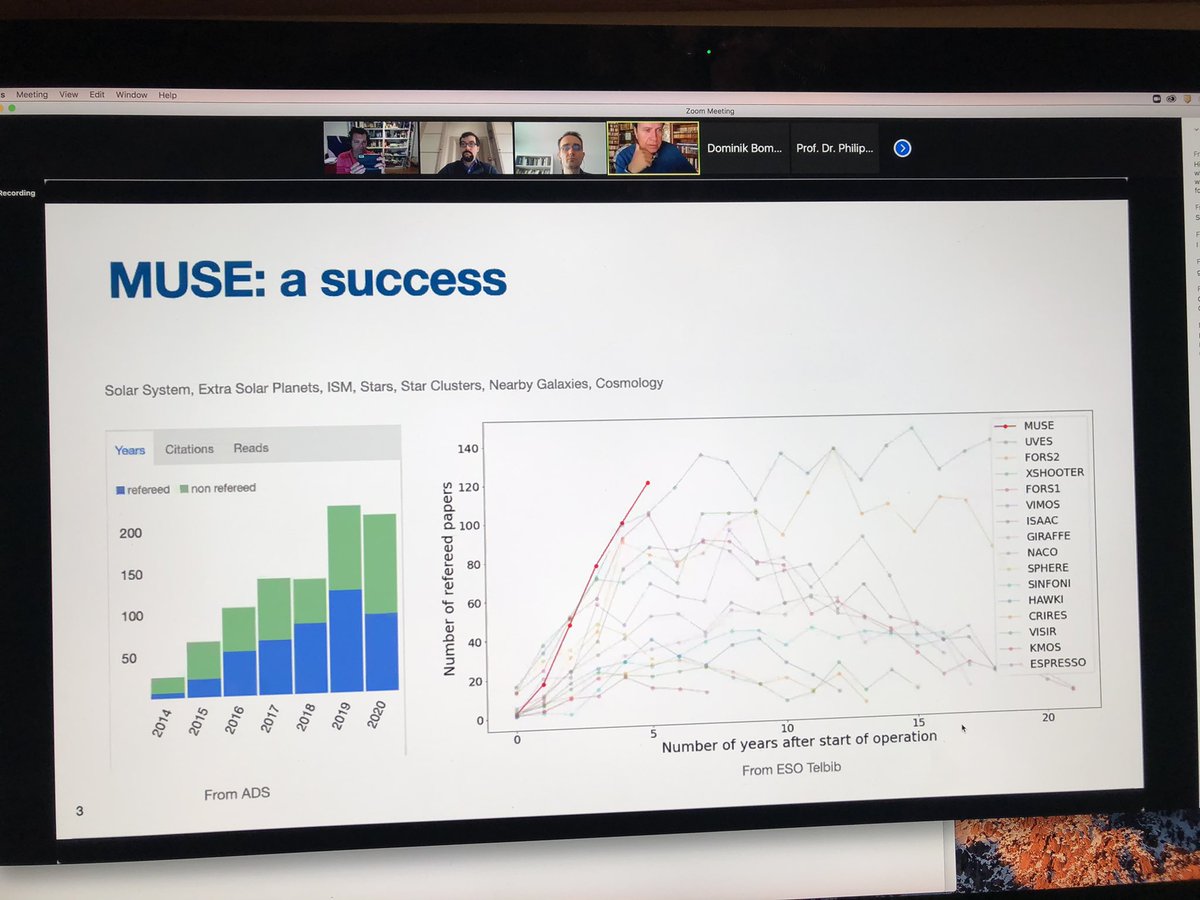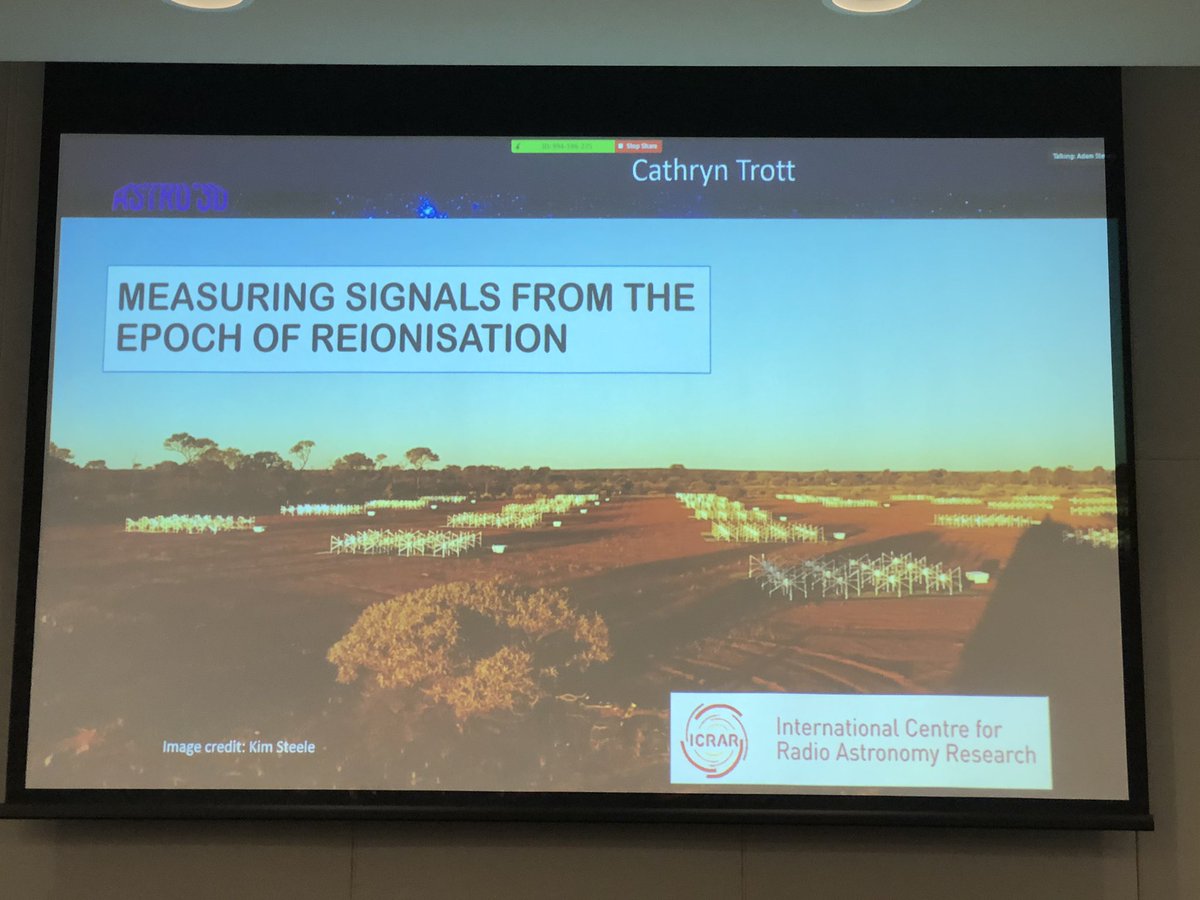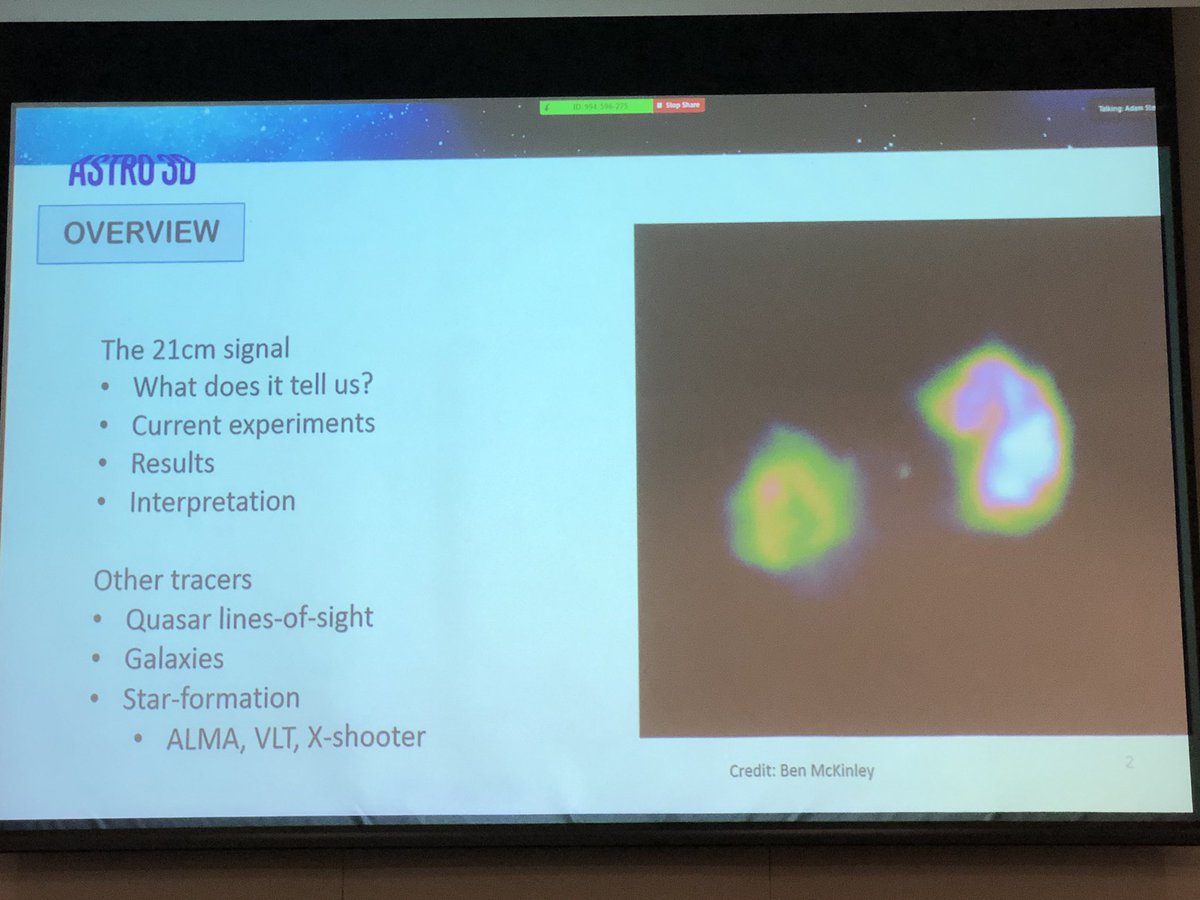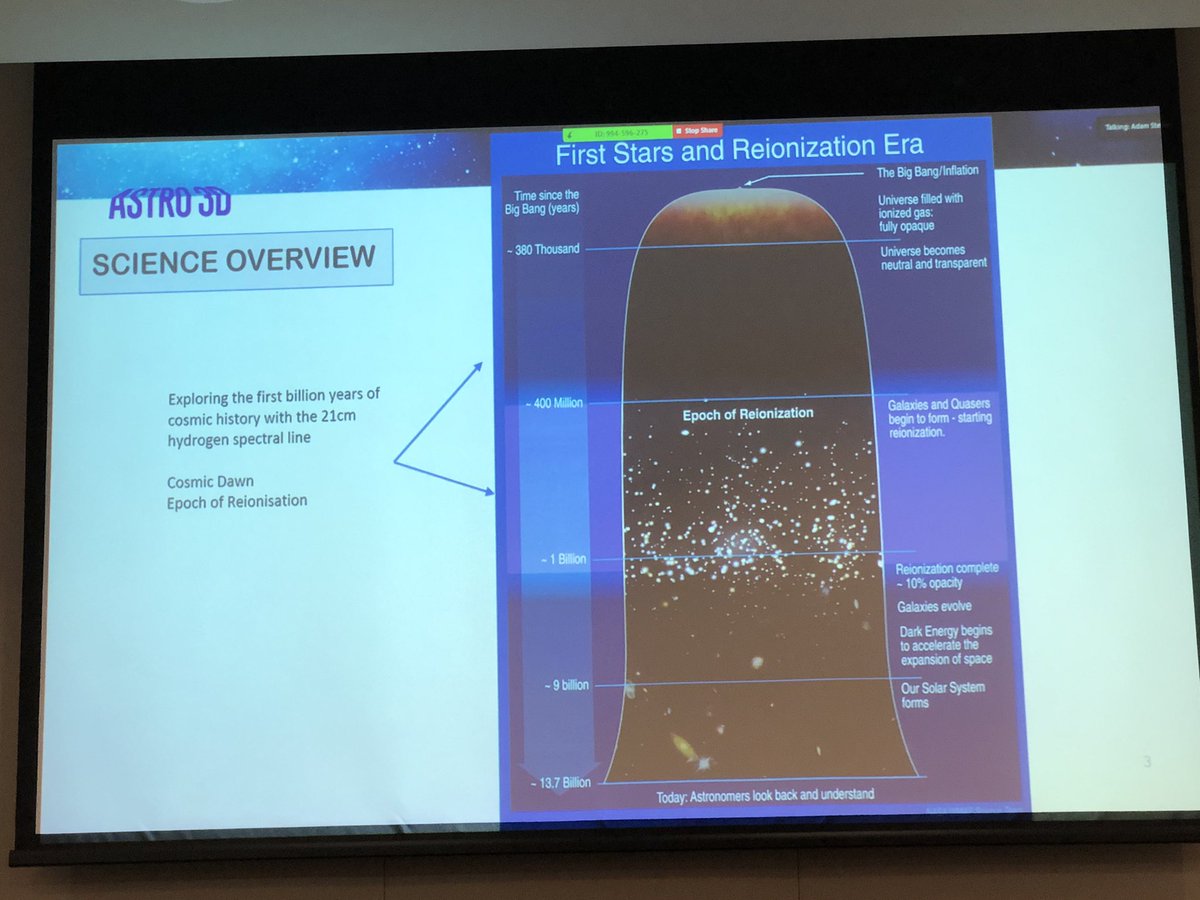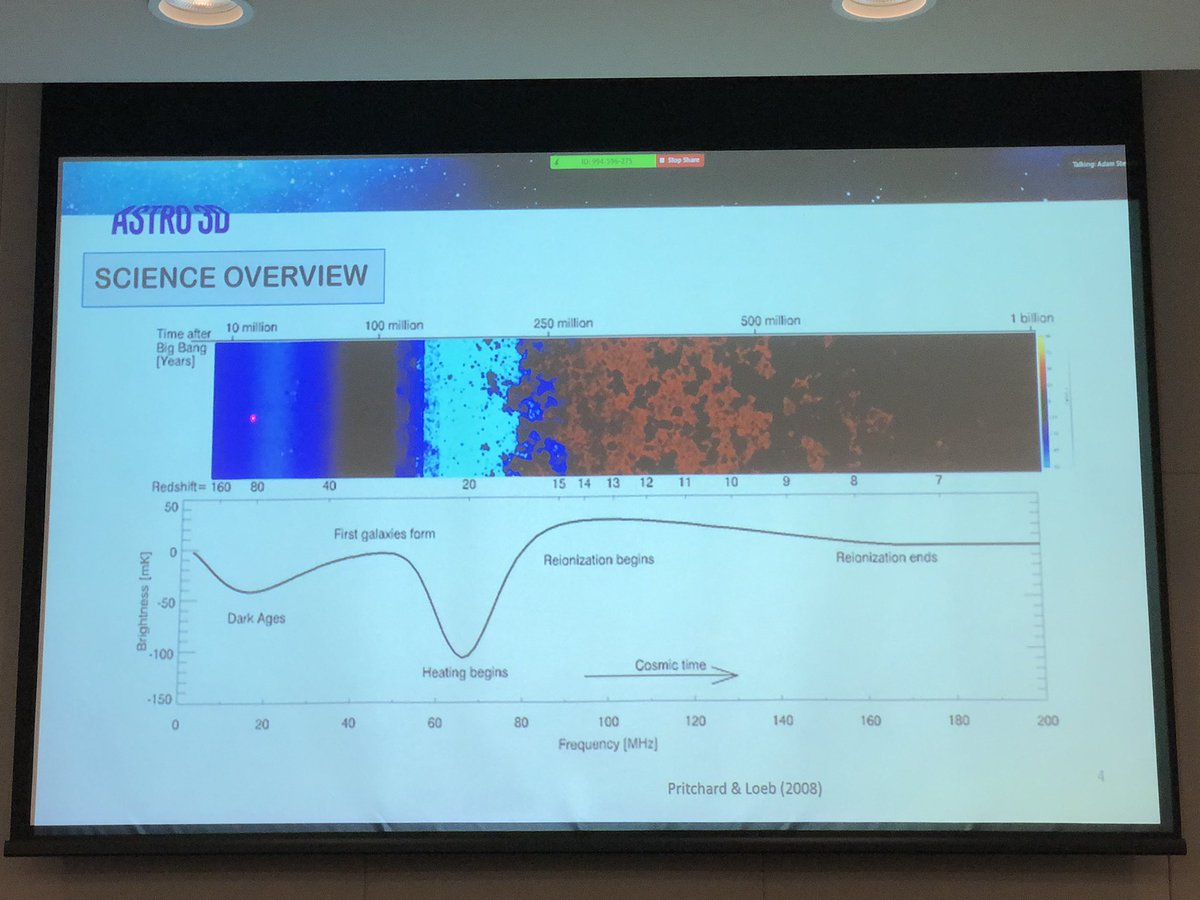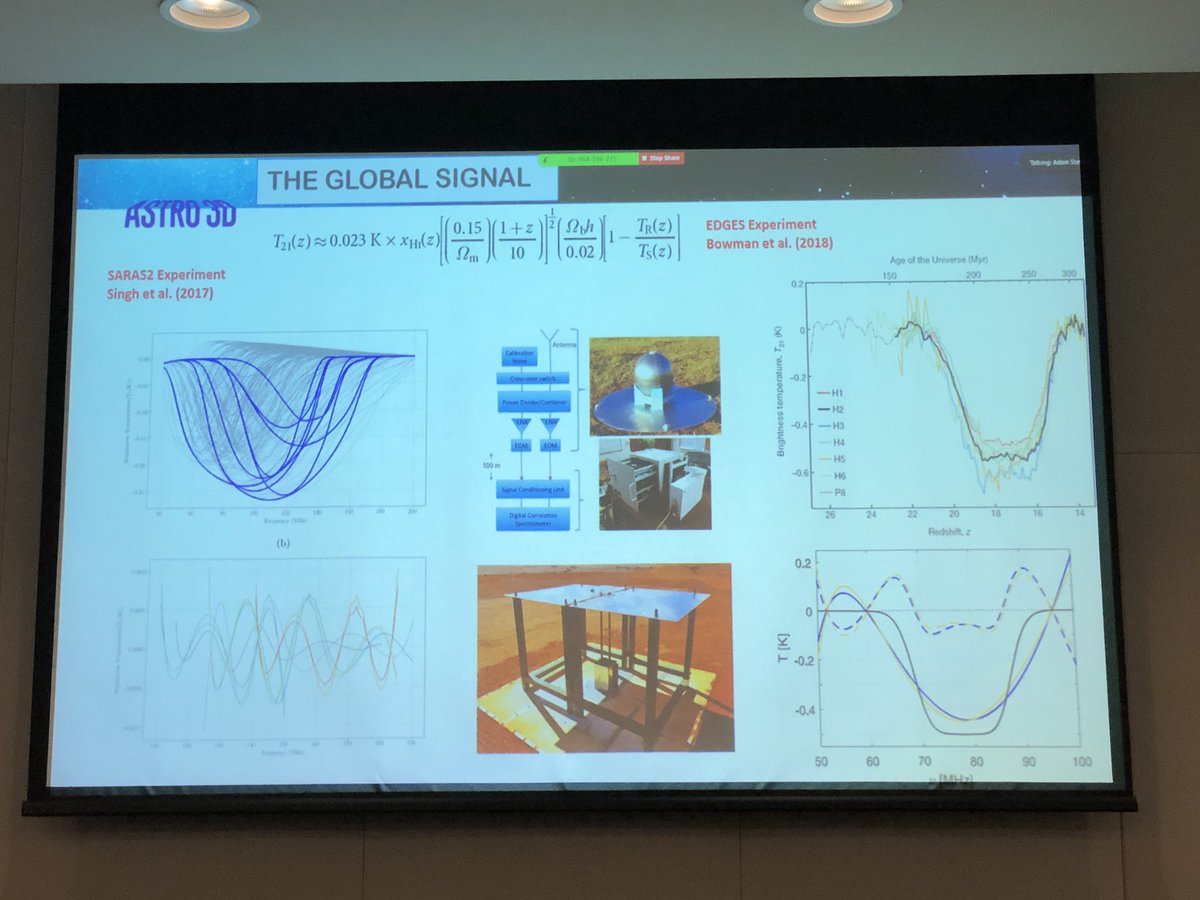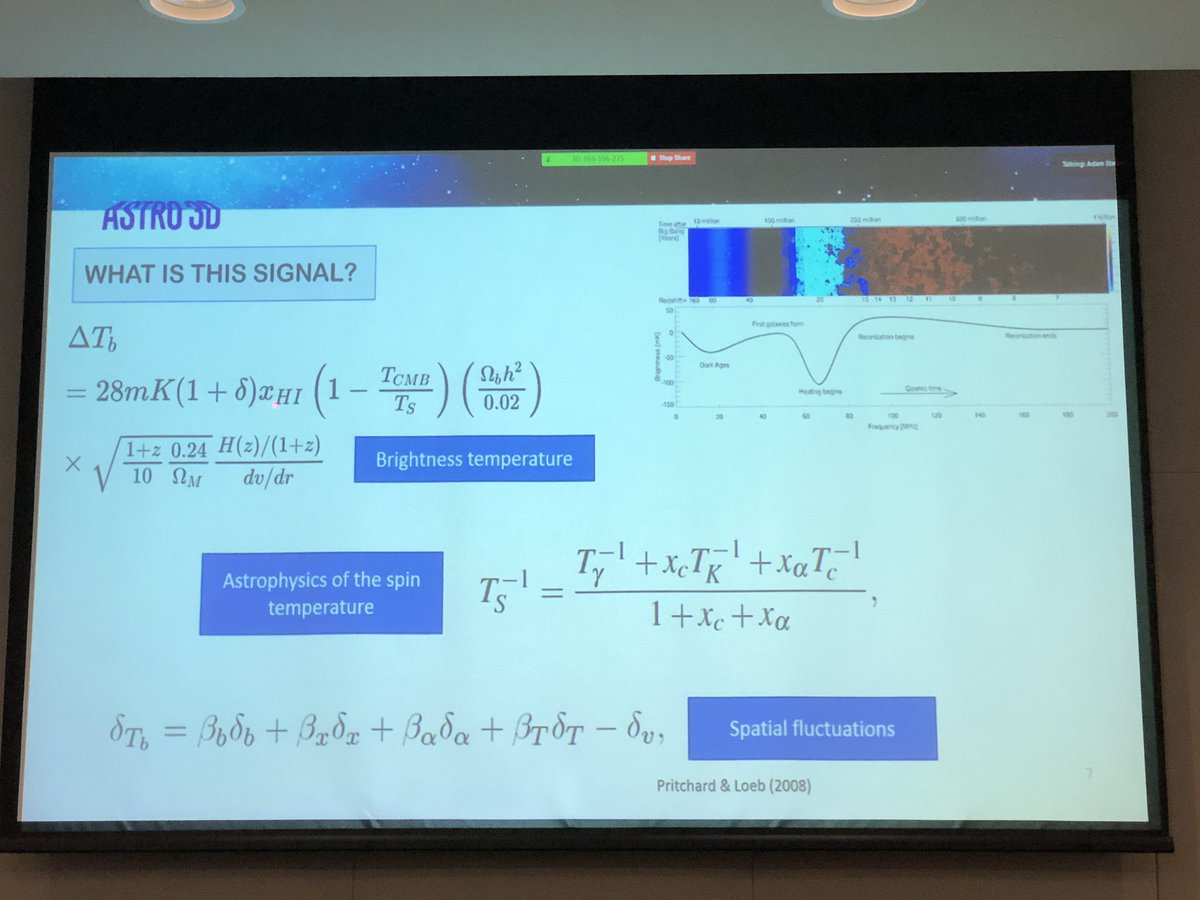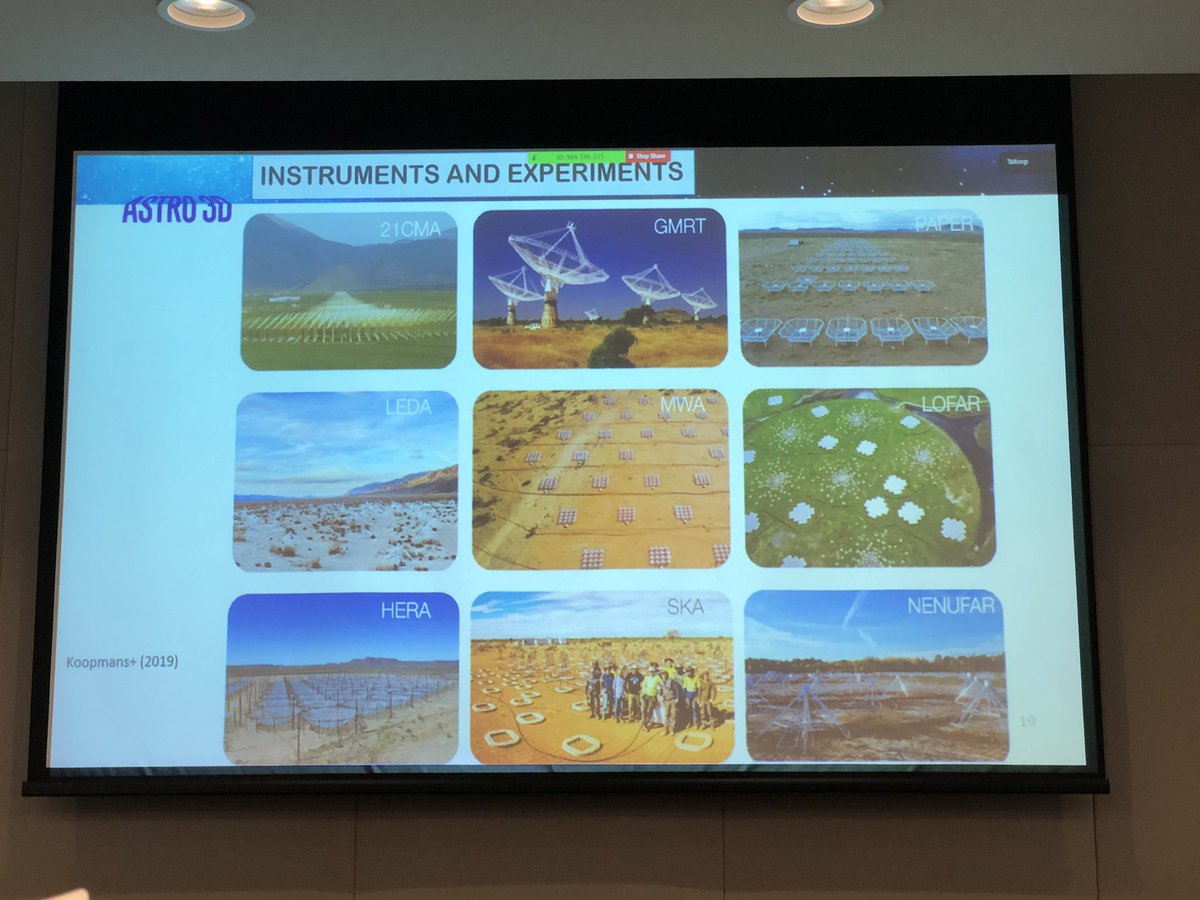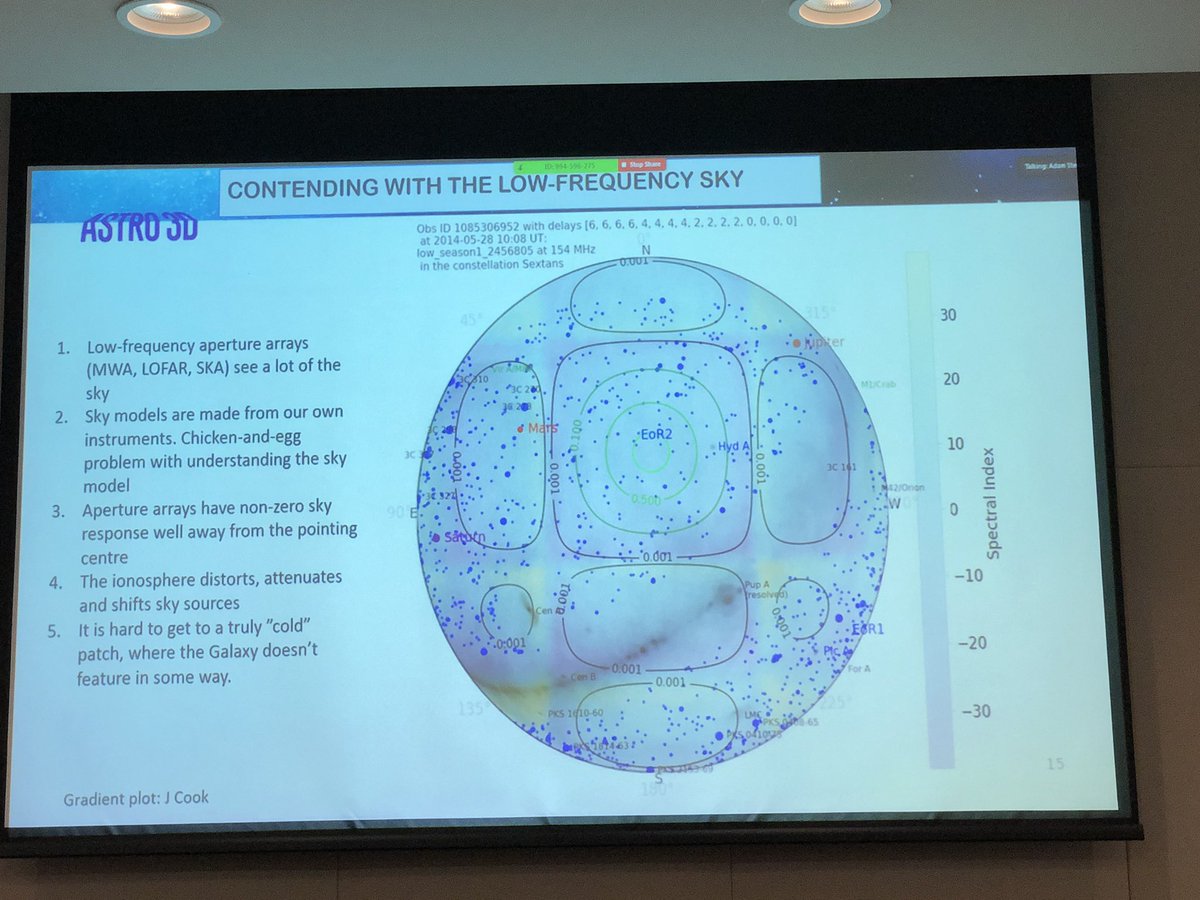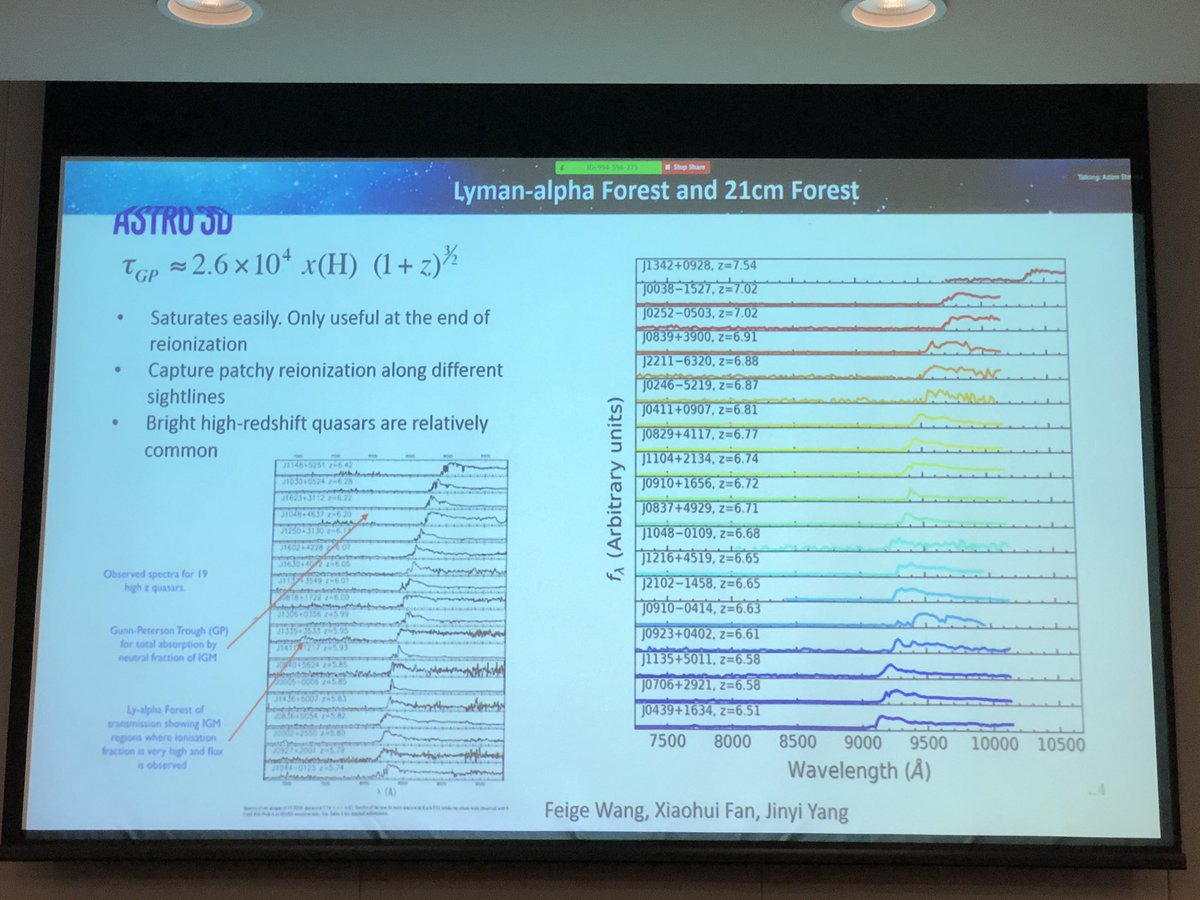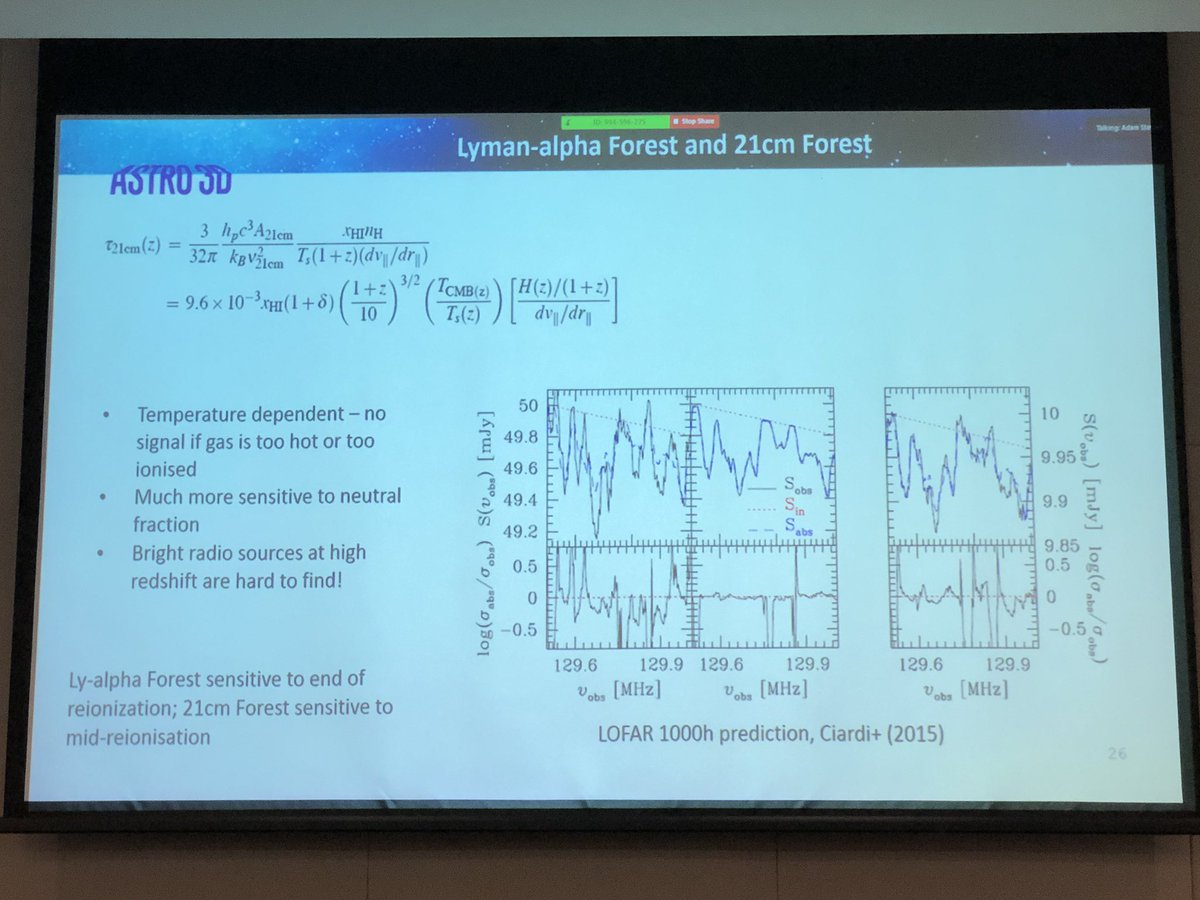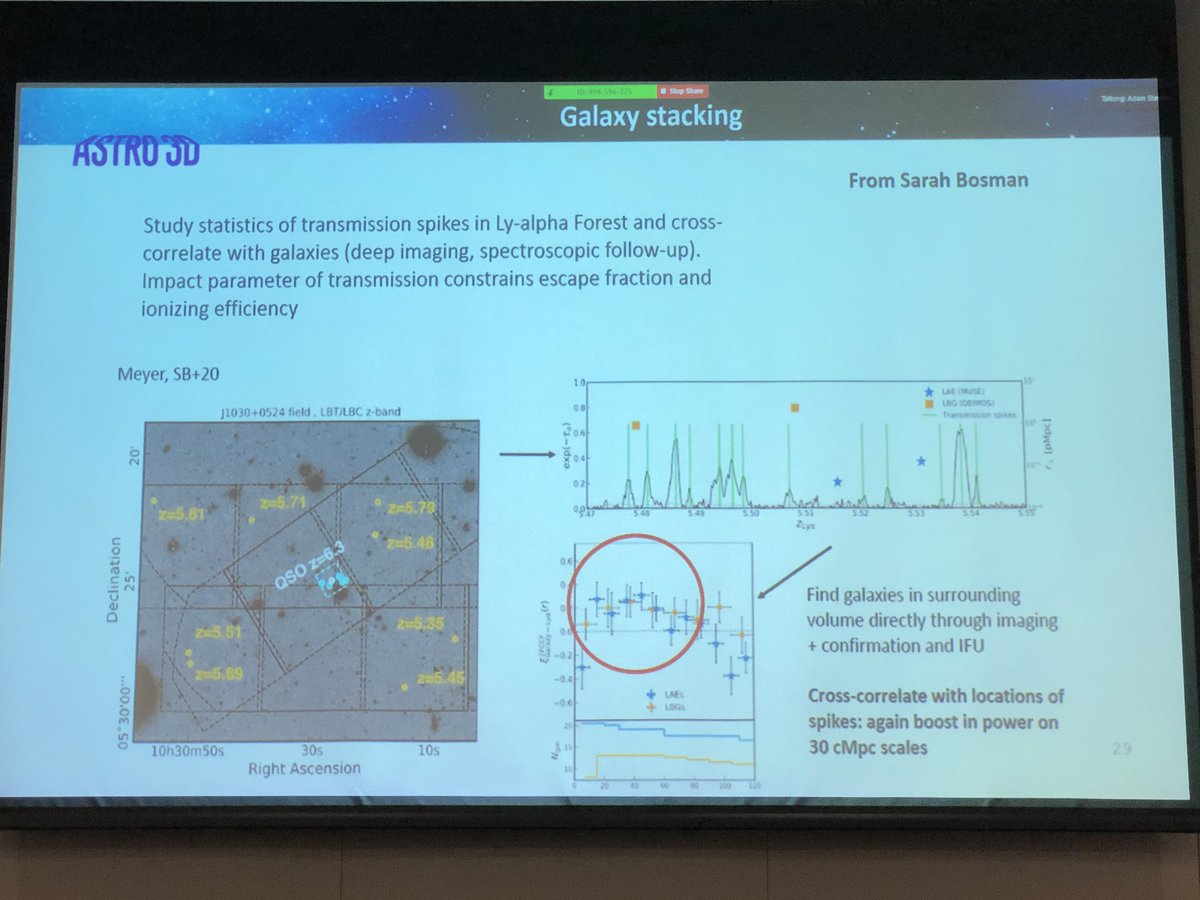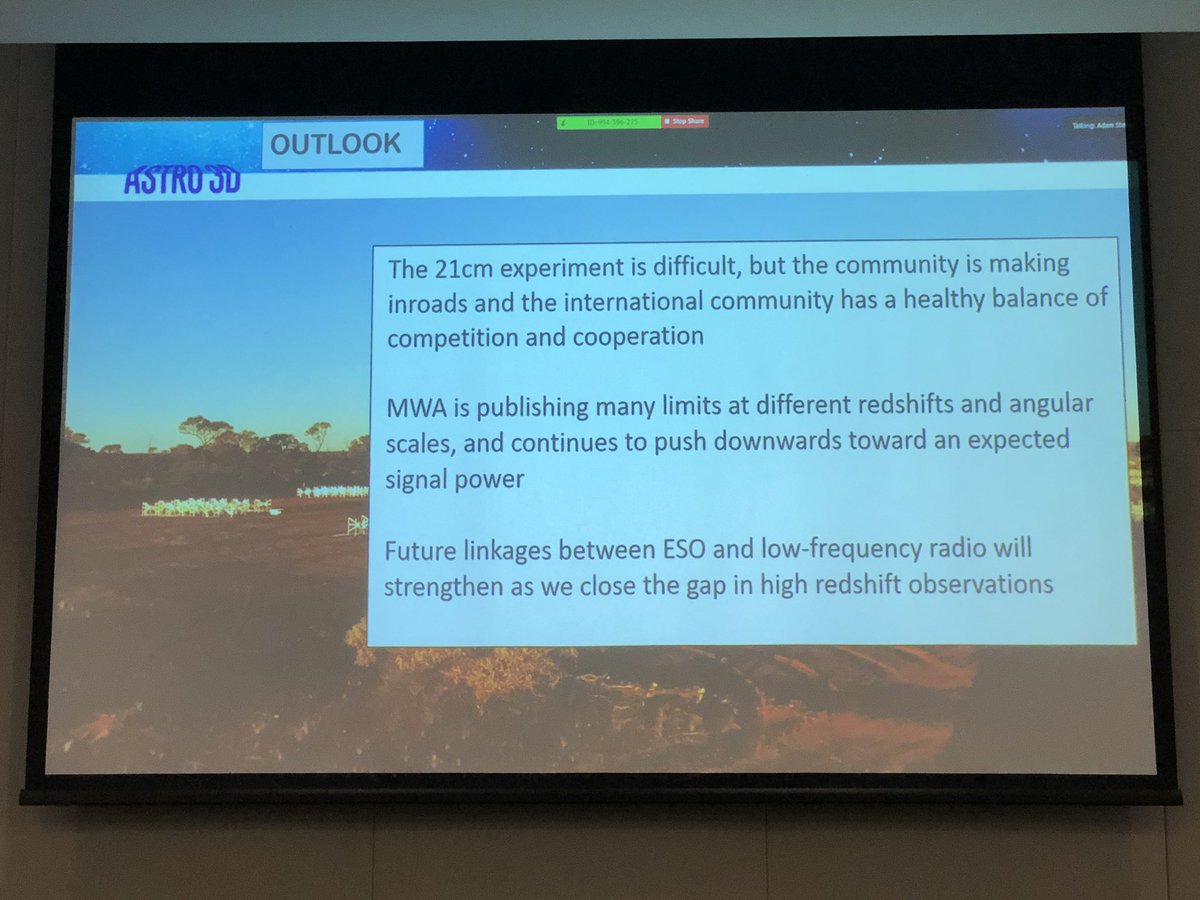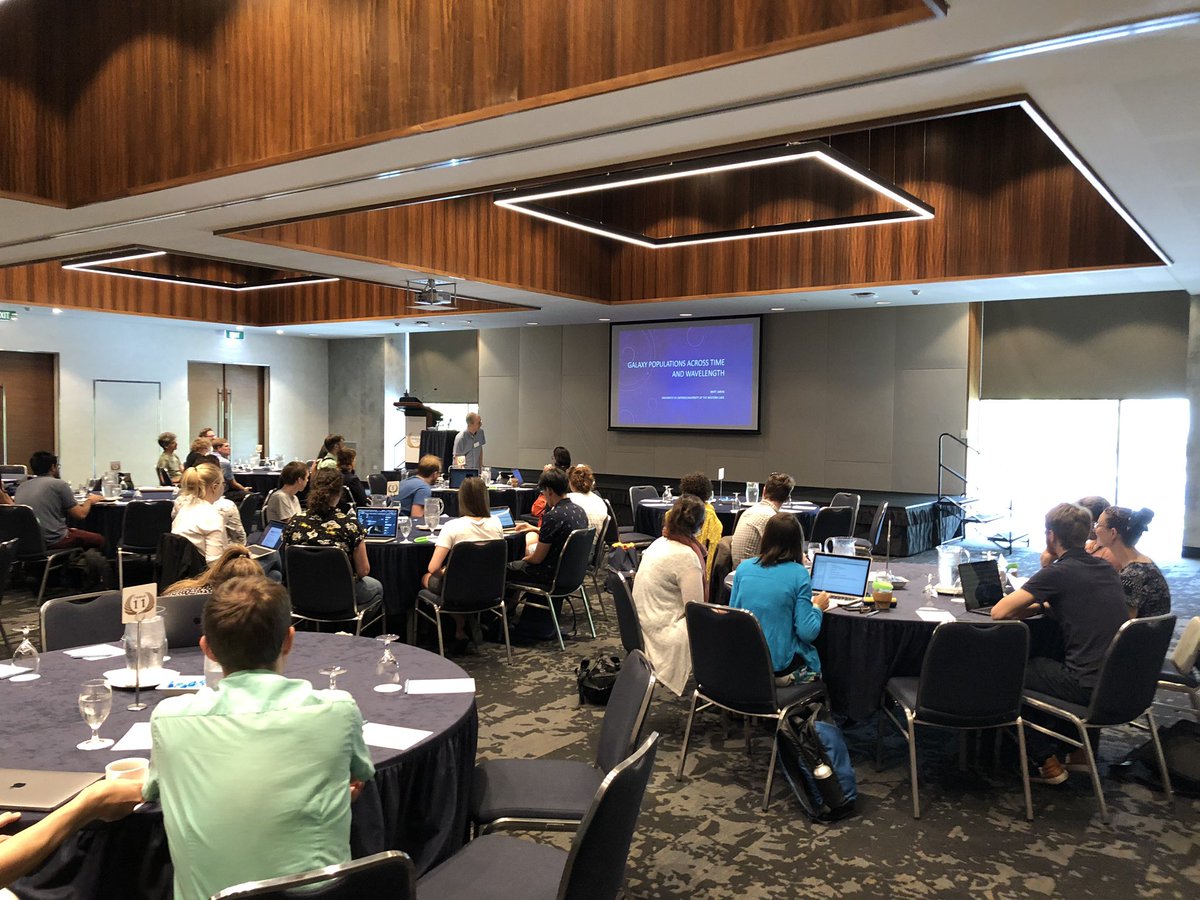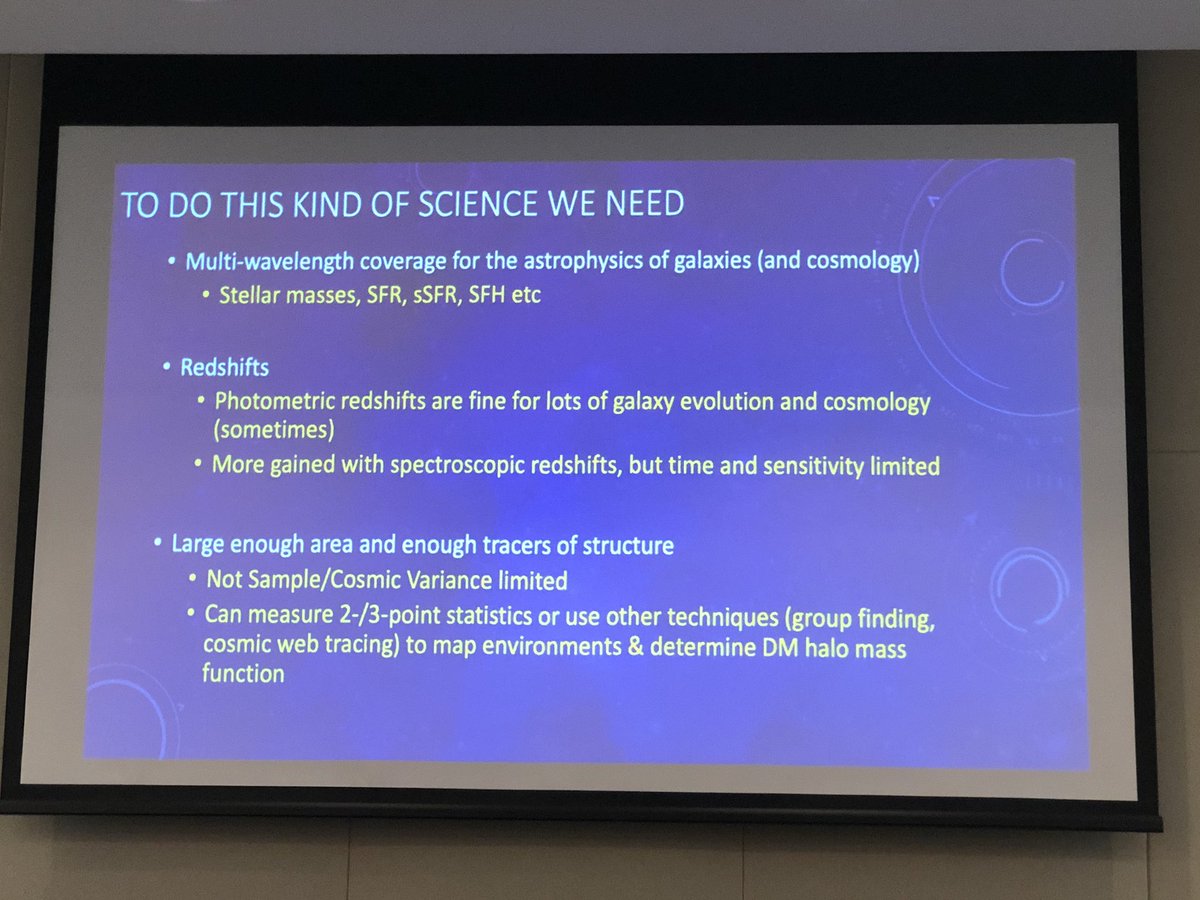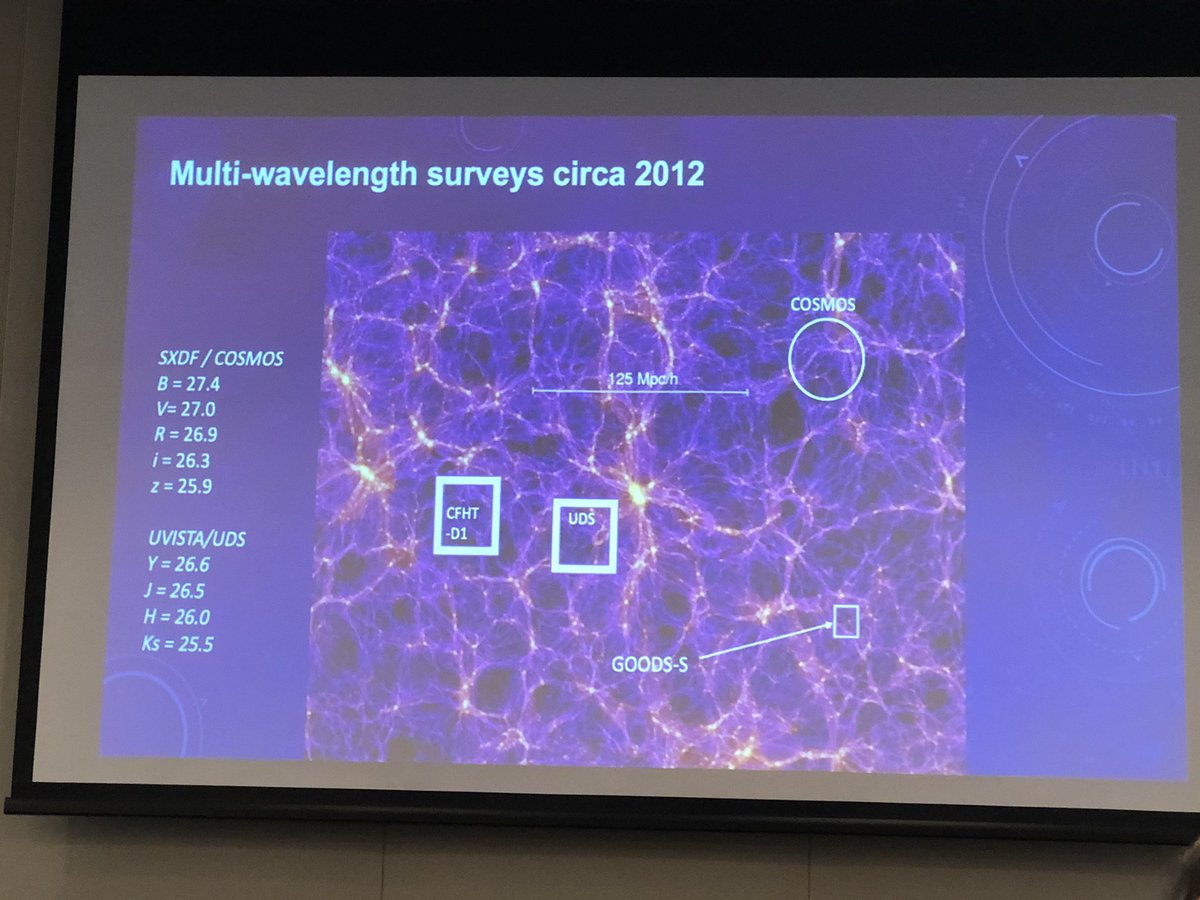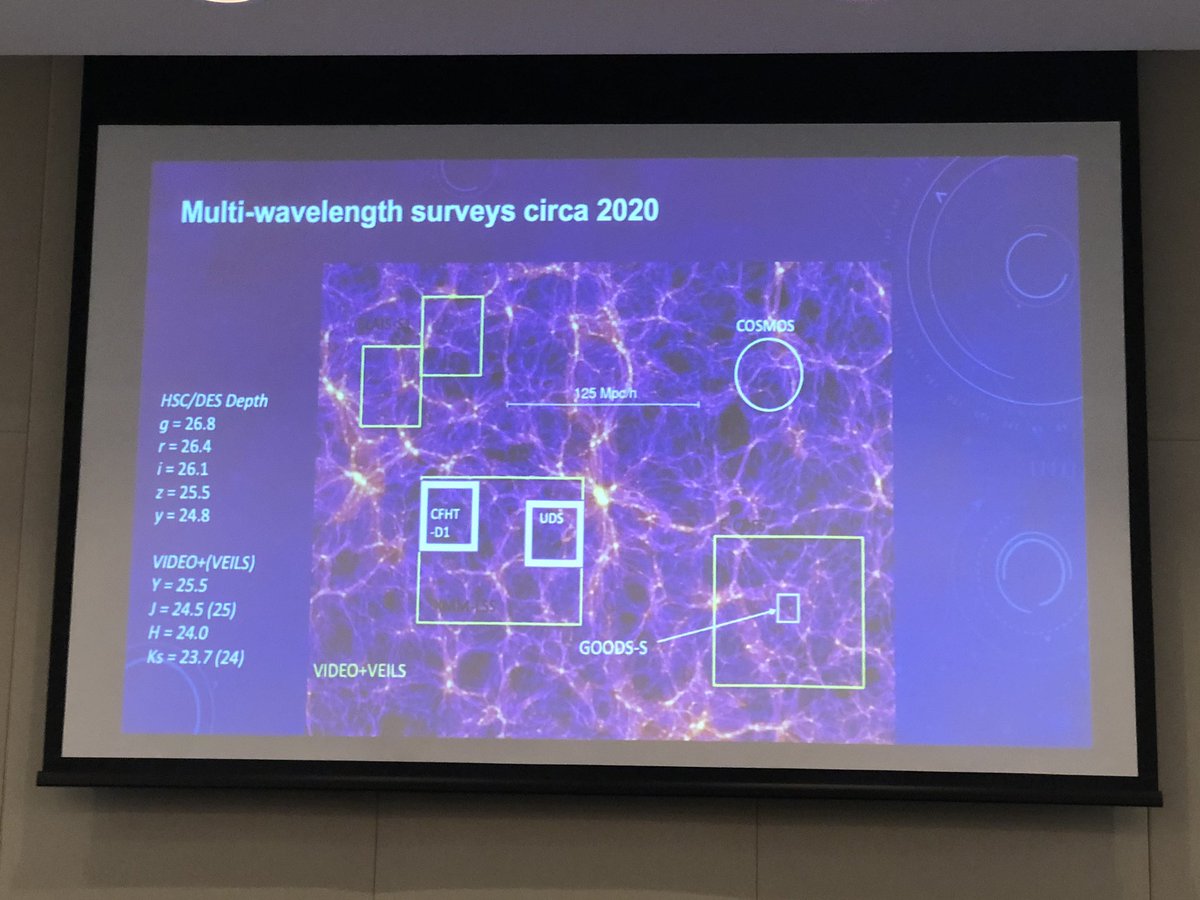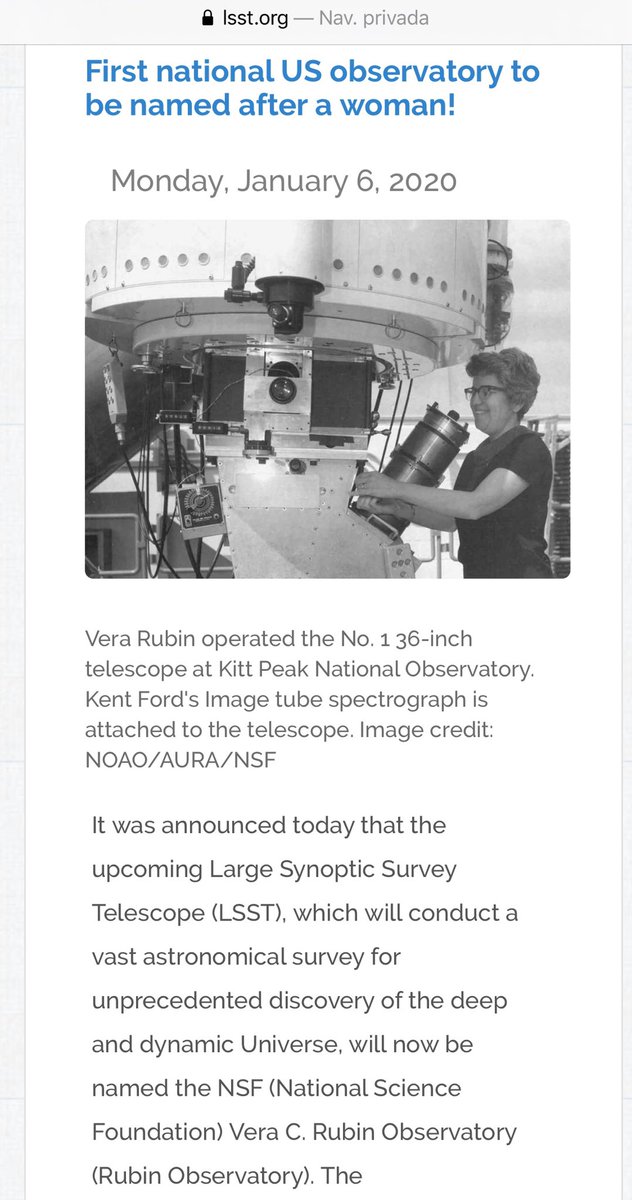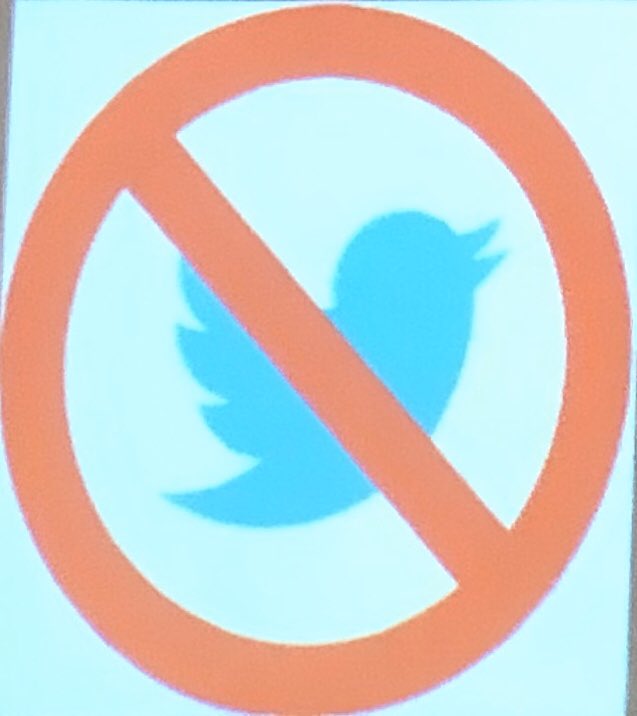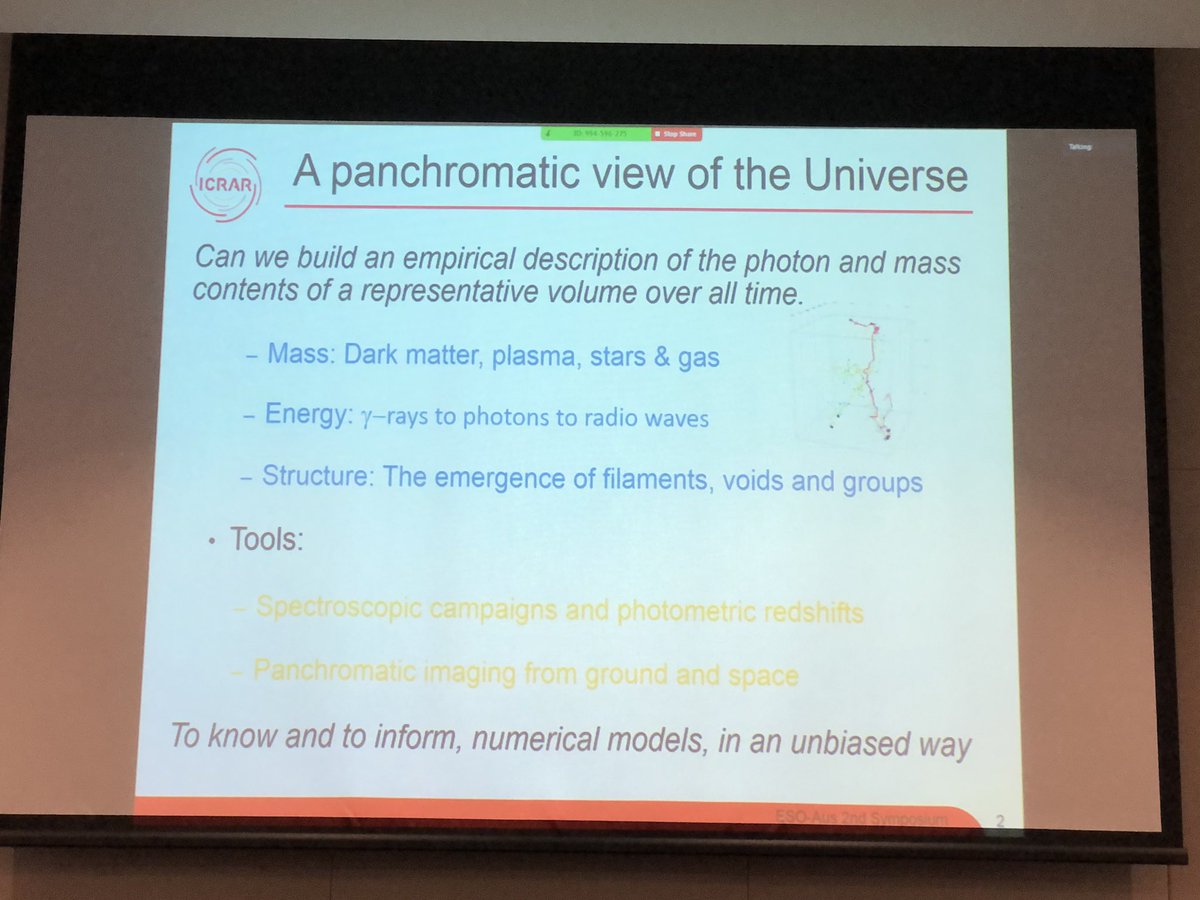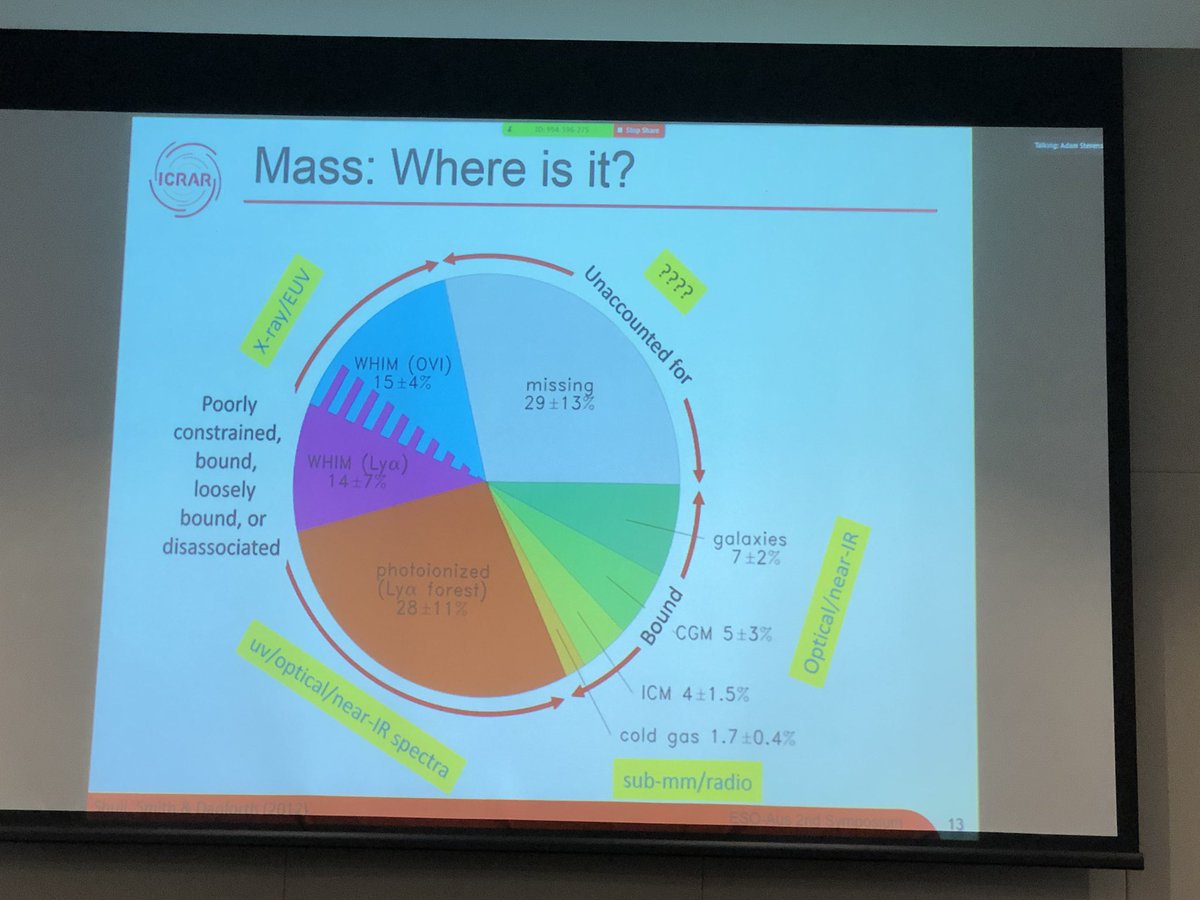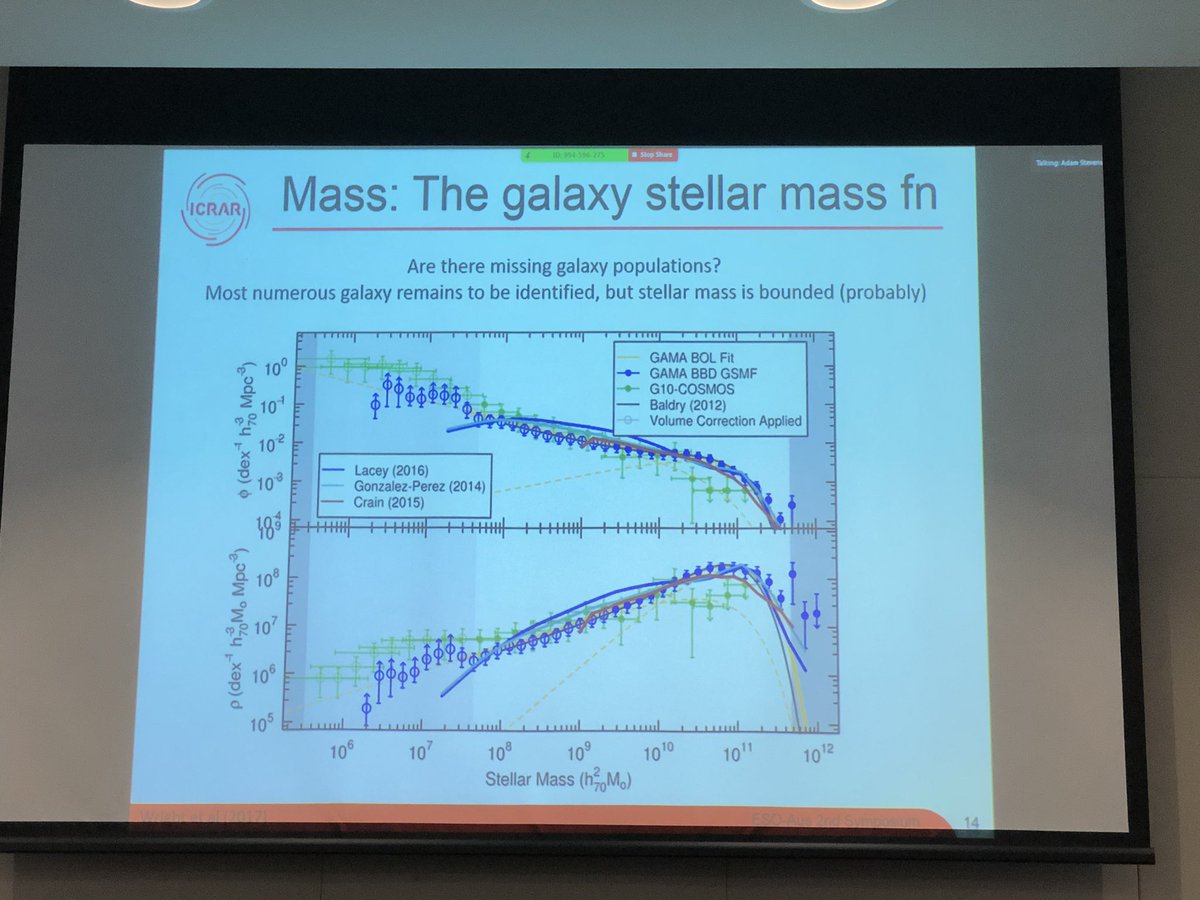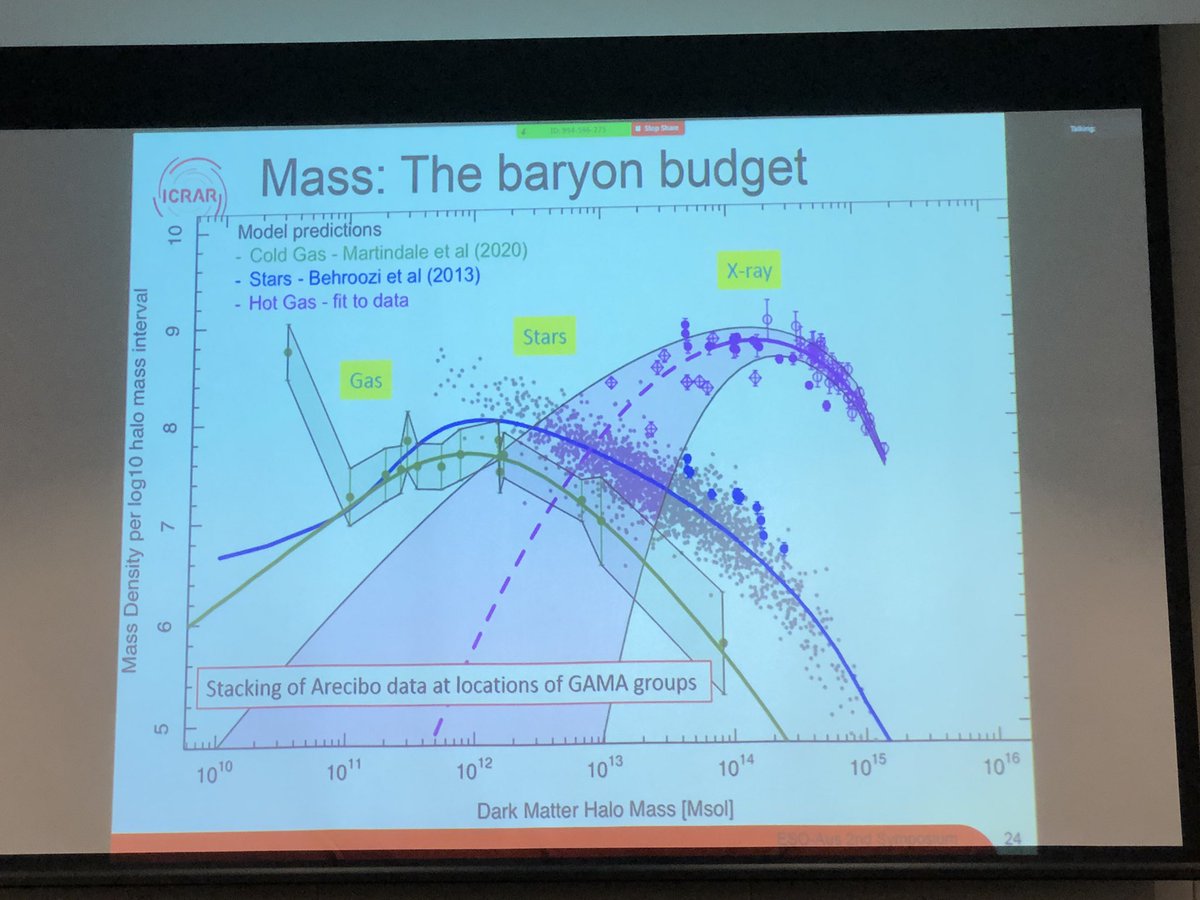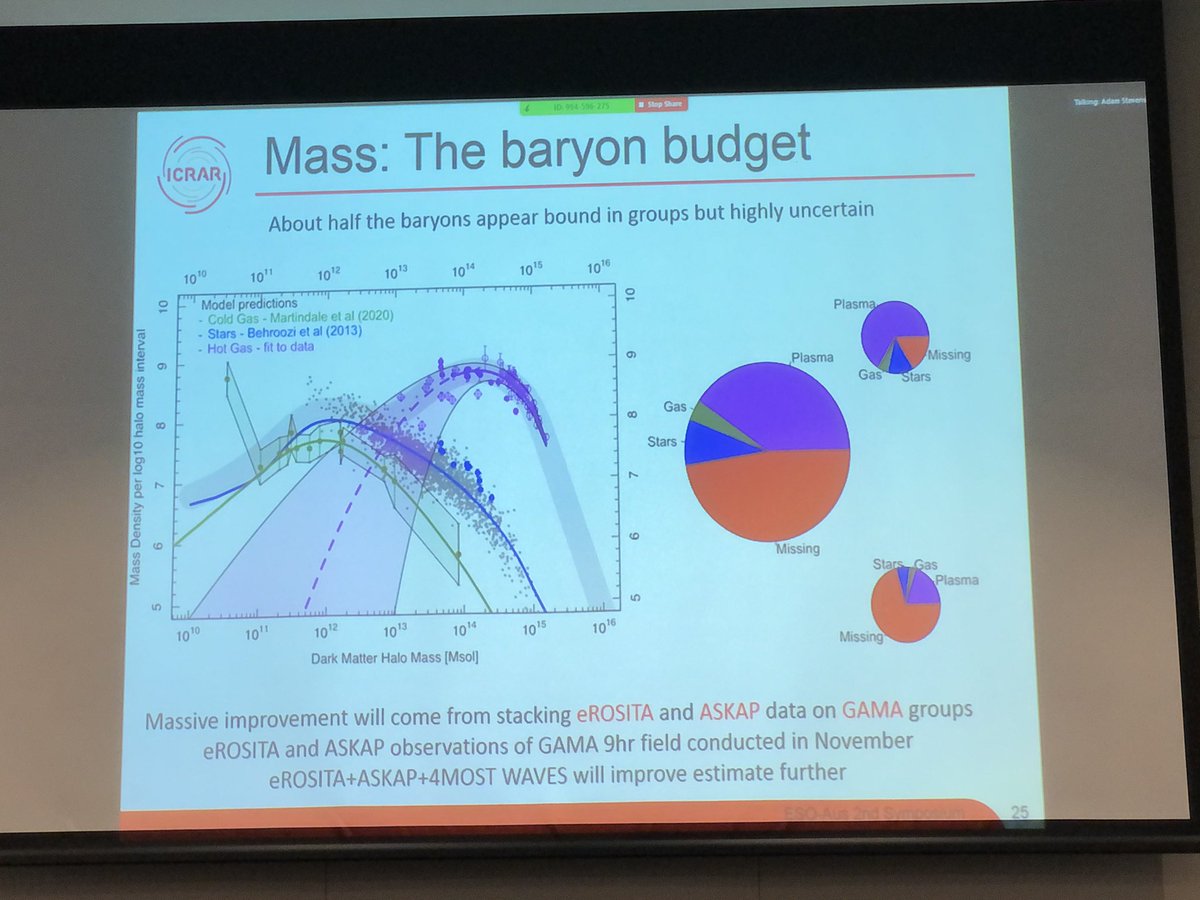
That is an important reflection: there is something we, scientists, science communicators, and scientific policymakers, are not doing OK. There should be something we can do for improving the way we tell our stories for reaching people who usually don’t pay attention to Science
https://twitter.com/cosmos4u/status/1325965078538170368
An example may be the huge bias we have in social media. Our voice is only listened by few, but we think there are many. Many times we just block someone who thinks slightly diferent to us for a minor detail. I know there are many trolls but we should be open to debate more
And I’m saying this happens between us too. For example, I know that *science accounts* blocked me when I was as crazy trying to make sense of what a #supermoon means, and why I hate the term “super blood blue moon” (e.g. angelrls.wordpress.com/2018/01/30/the… )
There are many trolls/aggressive people in social media. But many times, it often happens to scientists with many followers, we block someone for minor things or for *debating* with us. That increases our ego and makes us appear superior to them, moving them away from Science
• • •
Missing some Tweet in this thread? You can try to
force a refresh




